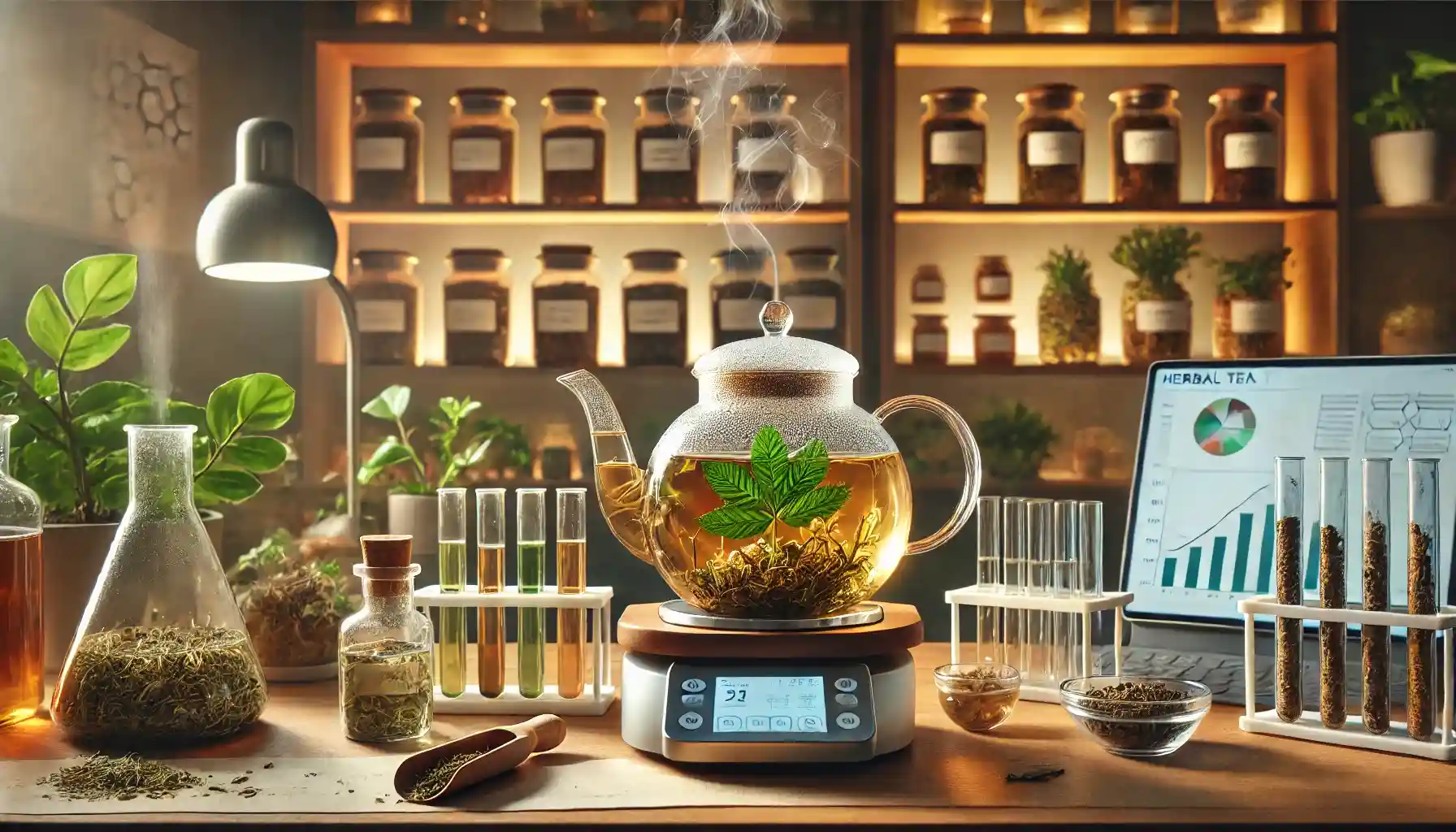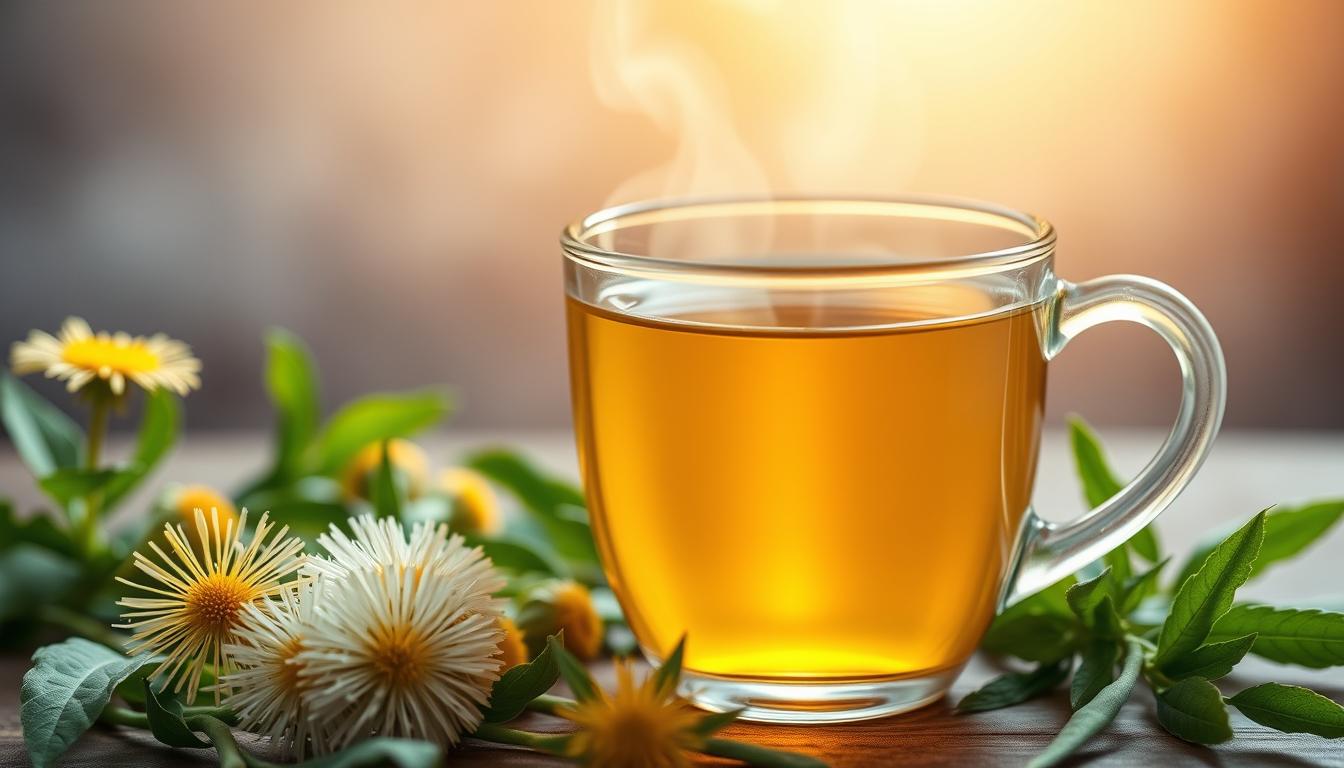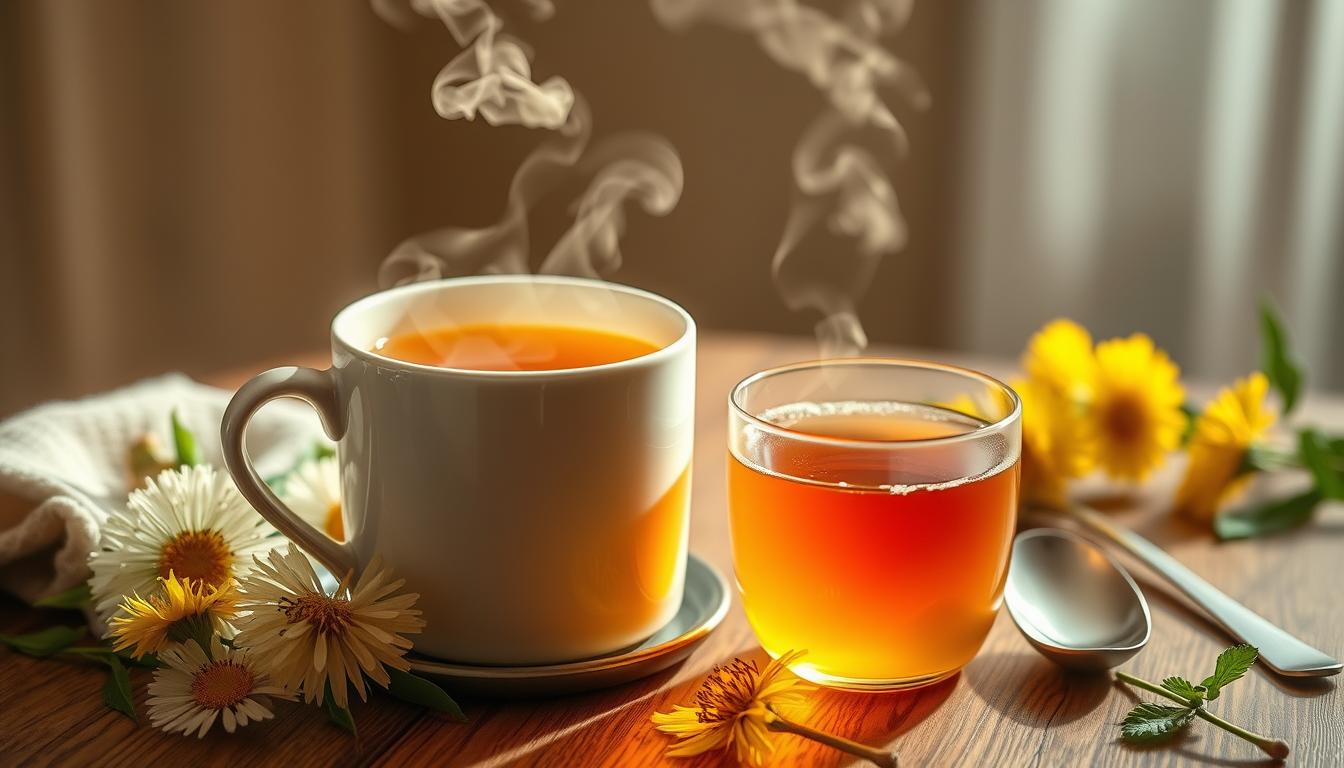Did you know that over 60% of pregnant women explore herbal options to support their health? Among these, dandelion tea has gained popularity for its rich nutritional profile and potential benefits. Made from the leaves, roots, or flowers of the dandelion plant, this herbal drink is packed with vitamins, minerals, and antioxidants.
For expectant mothers, understanding the safety and benefits of what they consume is crucial. Research suggests that dandelion tea may aid digestion and support liver function, which can be particularly helpful during pregnancy. However, questions about its effects on the baby and caffeine content often arise.
This article dives into the latest research and provides clear, evidence-based information to help you make informed decisions. Whether you’re curious about its health benefits or comparing it to other herbal teas, we’ve got you covered. Let’s explore what makes this drink a topic of interest for pregnant women.
Key Takeaways
- Dandelion tea contains vitamins, minerals, and antioxidants that may support health.
- It is often used to aid digestion and promote liver function.
- Understanding its safety during pregnancy is essential for expectant mothers.
- Research provides insights into its potential benefits and risks.
- Comparing it with other herbal teas can help make informed choices.
Is dandelion tea safe during pregnancy?
Scientific research plays a vital role in understanding the effects of herbal beverages on maternal health. Studies focus on identifying potential benefits and risks, ensuring expectant mothers make informed choices. This section reviews current findings and compares them with other herbal options.
Reviewing Scientific Studies on Dandelion Tea
Research on plant-based infusions often examines their nutritional content and health impacts. For example, studies highlight the presence of antioxidants, which support overall well-being. Specific components like calcium and ginger are also measured for their effects on bone health and nausea reduction.

Recent findings suggest that certain herbal infusions may improve liver function and digestion. However, safety concerns arise when evaluating their use during pregnancy. Criteria such as dosage, preparation methods, and individual health conditions are carefully considered in these studies.
Below is a comparison of popular herbal infusions and their effects:
| Herbal Infusion | Potential Benefits | Safety Concerns |
|---|---|---|
| Dandelion | Supports liver function, rich in antioxidants | Limited research on pregnancy-specific effects |
| Ginger | Reduces nausea, aids digestion | High doses may cause heartburn |
| Raspberry Leaf | May tone uterine muscles | Not recommended in the first trimester |
While some studies show promising results, gaps in research remain. For instance, the long-term effects of regular consumption are not fully understood. Consulting a healthcare provider is essential to ensure safety and address individual needs.
In summary, scientific studies provide valuable insights into the safety and benefits of herbal infusions. However, more research is needed to establish clear guidelines for their use during pregnancy.
Nutritional Benefits and Potential Risks of Dandelion Tea
Herbal infusions like dandelion tea are gaining attention for their nutrient-rich profiles. Packed with essential vitamins, minerals, and antioxidants, this drink offers a natural way to support overall well-being. For expectant mothers, understanding its nutritional value and potential risks is crucial.

Key Vitamins, Minerals, and Antioxidants
Dandelion tea contains a variety of nutrients that can benefit health. Here’s a breakdown of its key components:
- Vitamin A: Supports vision and immune function.
- Vitamin C: Boosts immunity and aids in iron absorption.
- Iron: Essential for preventing anemia.
- Calcium: Promotes bone health.
- Antioxidants: Protect cells from damage and reduce inflammation.
These nutrients work together to support digestion, liver function, and overall vitality. However, moderation is key to avoid potential side effects.
Potential Side Effects and Contraindications
While dandelion tea offers numerous health benefits, it’s important to be aware of its risks. Excessive consumption may lead to:
- Upset stomach or diarrhea.
- Allergic reactions in sensitive individuals.
- Interactions with certain medications.
Pregnant women should consult their healthcare provider before adding this drink to their routine. Responsible use ensures both safety and nutritional benefits.
Comparing Dandelion Tea with Other Herbal Teas for Pregnant Women
Exploring herbal options can be a great way to support health during pregnancy. Each type of herbal infusion offers unique benefits, making it essential to understand their differences. Let’s compare dandelion tea with other popular choices to help you make informed decisions.
Ginger, Peppermint & Chamomile: Benefits and Cautions
Ginger tea is well-known for its ability to ease nausea, a common issue for many women. It also aids digestion and can be a comforting choice. However, high amounts may cause heartburn, so moderation is key.
Peppermint tea offers a refreshing taste and can help with bloating and indigestion. Its cooling effect makes it a favorite, but it’s best avoided in large quantities as it may relax the esophageal sphincter.
Chamomile tea is celebrated for its calming properties, promoting relaxation and better sleep. While generally safe, those with allergies to ragweed should avoid it. Always check with your healthcare provider before adding it to your routine.
Raspberry Leaf and Nettle: Complementary Choices
Raspberry leaf tea is often recommended in the later stages of pregnancy. It may help tone uterine muscles, preparing the body for birth. However, it’s not advised during the first trimester.
Nettle tea is rich in vitamins and minerals, supporting overall well-being. It’s a great source of iron and calcium, but ensure it’s the stinging nettle variety and consult your provider before use.
| Herbal Tea | Benefits | Cautions |
|---|---|---|
| Ginger | Reduces nausea, aids digestion | May cause heartburn in large amounts |
| Peppermint | Relieves bloating, refreshing taste | Avoid in large quantities |
| Chamomile | Promotes relaxation, improves sleep | Not suitable for ragweed allergies |
| Raspberry Leaf | May tone uterine muscles | Not recommended in the first trimester |
| Nettle | Rich in vitamins and minerals | Ensure it’s stinging nettle variety |
Choosing the right herbal infusion depends on your trimester and individual needs. Always read product labels, understand ingredient amounts, and consult your healthcare provider for personalized advice.
Responsible Use of Herbal Teas During Pregnancy
Making informed choices about herbal infusions ensures both safety and benefits during this special time. While many options offer valuable nutrients, understanding proper usage is key. Let’s explore how to incorporate these drinks responsibly.
Consulting Your Healthcare Provider
Before adding any herbal infusion to your routine, consult your healthcare provider. They can assess your individual needs and identify potential risks. This step ensures that your choices align with your overall care plan.
Herbal products, even natural ones, may interact with medications or existing conditions. Your provider can offer personalized advice, helping you avoid unnecessary complications. Always share details about the type and amount of herbal tea you plan to consume.
“Every pregnancy is unique, and what works for one person may not suit another. Professional guidance is essential.”
Recommended Servings and Preparation Tips
Moderation is crucial when enjoying herbal infusions. Stick to one or two cups per day to avoid overconsumption. Rotating different types of teas can also prevent excessive intake of any single ingredient.
Here are some preparation tips to ensure safety:
- Use measured amounts to control the strength of your drink.
- Read product labels carefully to understand ingredient details.
- Opt for organic or trusted brands to minimize contaminants.
Proper preparation enhances both flavor and safety. For example, steeping for the recommended time ensures you get the most benefit without over-extracting bitter compounds.
Balancing herbal infusions with a nutrient-rich diet supports overall well-being. These drinks can complement your meals, providing additional vitamins and antioxidants. However, they should not replace essential food groups.
| Herbal Tea | Recommended Serving | Preparation Tips |
|---|---|---|
| Ginger | 1 cup/day | Steep for 5-7 minutes in hot water |
| Peppermint | 1-2 cups/day | Use fresh leaves for a refreshing taste |
| Chamomile | 1 cup/day | Steep for 10 minutes for maximum relaxation |
| Raspberry Leaf | 1 cup/day (after first trimester) | Steep for 15 minutes to extract nutrients |
| Nettle | 1 cup/day | Use dried leaves and steep for 10 minutes |
By following these guidelines, you can enjoy herbal infusions responsibly. Always prioritize your health and consult your provider for tailored advice. This approach ensures a safe and enjoyable experience during this special time.
Conclusion
Herbal infusions, including those made from dandelion roots and leaves, offer a natural way to support health. Rich in vitamins, antioxidants, and minerals, these drinks can provide nutritional benefits. However, moderation and professional guidance are essential for safe consumption.
Scientific studies highlight the potential advantages of herbal teas, such as aiding digestion and reducing nausea. Yet, individual needs vary, and consulting a healthcare provider ensures personalized care. Comparing different types, like ginger or raspberry leaf, helps make informed choices.
Balancing taste, safety, and nutritional needs is key. Continued research will further clarify optimal practices. For detailed insights, revisit earlier sections. Always prioritize your well-being and follow expert advice for a healthy experience.

